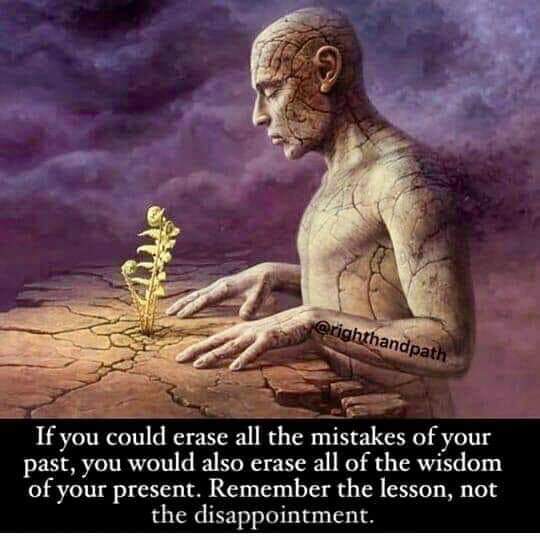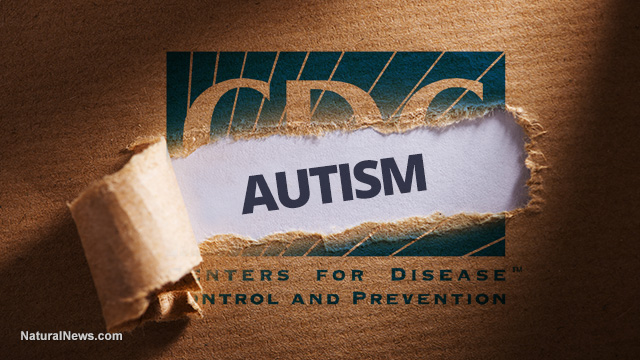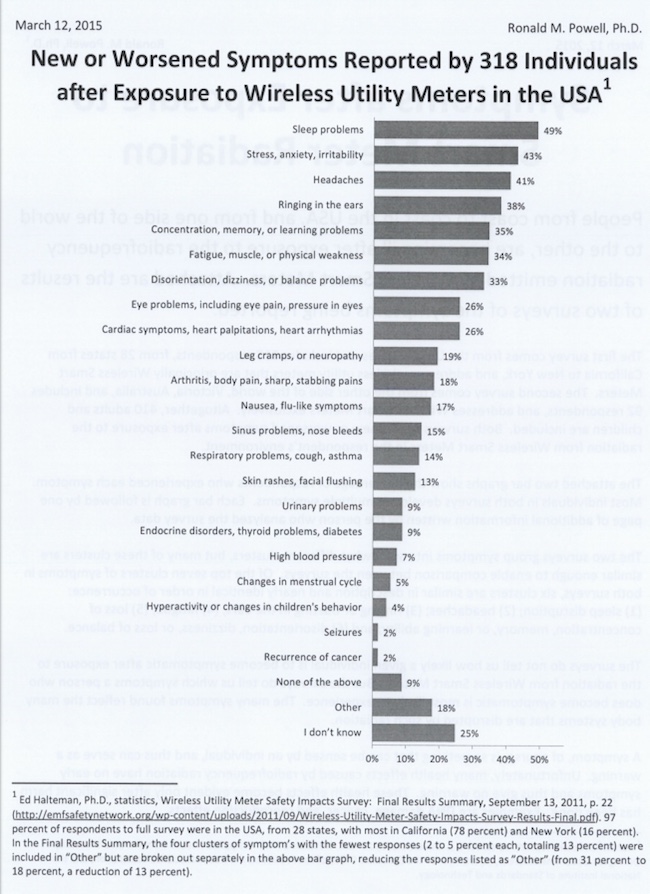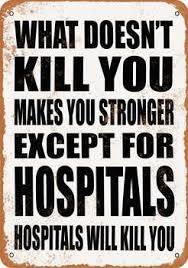
Remember The Lesson


Tom's Blog on Life and Livingness

https://stopsmartmeters.com.au/
If you are looking for a source of data on smart meters there are many blog posts here with lots of data.

Many substances are dangerous, and outlawed for a reason. This article will aim to provide you with a more or less comprehensive guide to recreational drug use in the UK, supplying facts and vital information in a concise, easy-to-read fashion.
http://www.workingthedoors.co.uk/go-to-guides/recreational-drugs-guide/

Factually speaking, the CDC is a malicious, criminally-run anti-science quackery front group for the vaccine industry. As part of its criminal activity, it has long insisted that the vaccine preservative thimerosal is not tied to autism. But once-secret documents, now forced to be revealed by the CDC, prove the agency knew that thimerosal causes autism but deliberately hid that evidence from the public in exactly the same way the EPA hid the truth about lead poisoning of the public water supply in Flint, Michigan.
“When the results of the Verstraeten study were first reported outside the CDC in 2005, there was no evidence that anyone but Dr. Verstraeten within the CDC had known of the very high 7.6-fold elevated relative risk of autism from exposure to Thimerosal during infancy. But now, clear evidence exists. A newly-acquired abstract from 1999 titled, “Increased risk of developmental neurologic impairment after high exposure to Thimerosal containing vaccine in first month of life” required the approval of top CDC officials prior to its presentation at the Epidemic Intelligence Service (EIS) conference.
“Thimerosal, which is 50% mercury by weight, was used in most childhood vaccines and in the RhoGAM shot for pregnant women prior to the early 2000s.The CDC maintains there is “no relationship between Thimerosal-containing vaccines and autism rates in children,” even though the data from the CDC’s own Vaccine Safety Datalink (VSD) database shows a very high risk. There are a number of public records to back this up, including this Congressional Record from May 1, 2003. The CDC’s refusal to acknowledge thimerosal’s risks is exemplified by a leaked statement from Dr. Marie McCormick, chair of the CDC/NIH-sponsored Immunization Safety Review at IOM. Regarding vaccination, she said in 2001, “…we are not ever going to come down that it [autism] is a true side effect…” Also of note, the former director of the CDC, which purchases $4 billion worth of vaccines annually, is now president of Merck’s vaccine division.”
https://www.naturalnews.com/054155_thimerosal_autism_CDC_documents.html
Here are two extracts from a longer article, well worth your reading time to be accurately informed on the subject.
The most obvious way that cannabis fuels violence in psychotic people is through its tendency to cause paranoia—something even cannabis advocates acknowledge the drug can cause. The risk is so obvious that users joke about it and dispensaries advertise certain strains as less likely to induce paranoia. And for people with psychotic disorders, paranoia can fuel extreme violence. A 2007 paper in the Medical Journal of Australia on 88 defendants who had committed homicide during psychotic episodes found that most believed they were in danger from the victim, and almost two-thirds reported misusing cannabis—more than alcohol and amphetamines combined.
Yet the link between marijuana and violence doesn’t appear limited to people with preexisting psychosis. Researchers have studied alcohol and violence for generations, proving that alcohol is a risk factor for domestic abuse, assault, and even murder. Far less work has been done on marijuana, in part because advocates have stigmatized anyone who raises the issue. But studies showing that marijuana use is a significant risk factor for violence have quietly piled up. Many of them weren’t even designed to catch the link, but they did. Dozens of such studies exist, covering everything from bullying by high school students to fighting among vacationers in Spain.
So the black tide of psychosis and the red tide of violence are rising steadily, almost unnoticed, on a slow green wave.


This site has an interesting video of hte effect that smart meters have on blood cells. https://juicing-for-health.com/smart-meters-emf-radiation



Read this and be afraid, be very afraid, of doctors, American medicine. we are 37th in international wellness rank, 27th in longevity and infant mortality, and spend twice as much as the other nation behind us, and are the most obese on earth.
READ THIS
In an article in Life Extension, August 2006: Death by Medicine By Gary Null, PhD; Carolyn Dean MD, ND; Martin Feldman, MD; Debora Rasio, MD; and Dorothy Smith, Phd., they disclosed statistical evidence from a deeply researched project that showed the following: